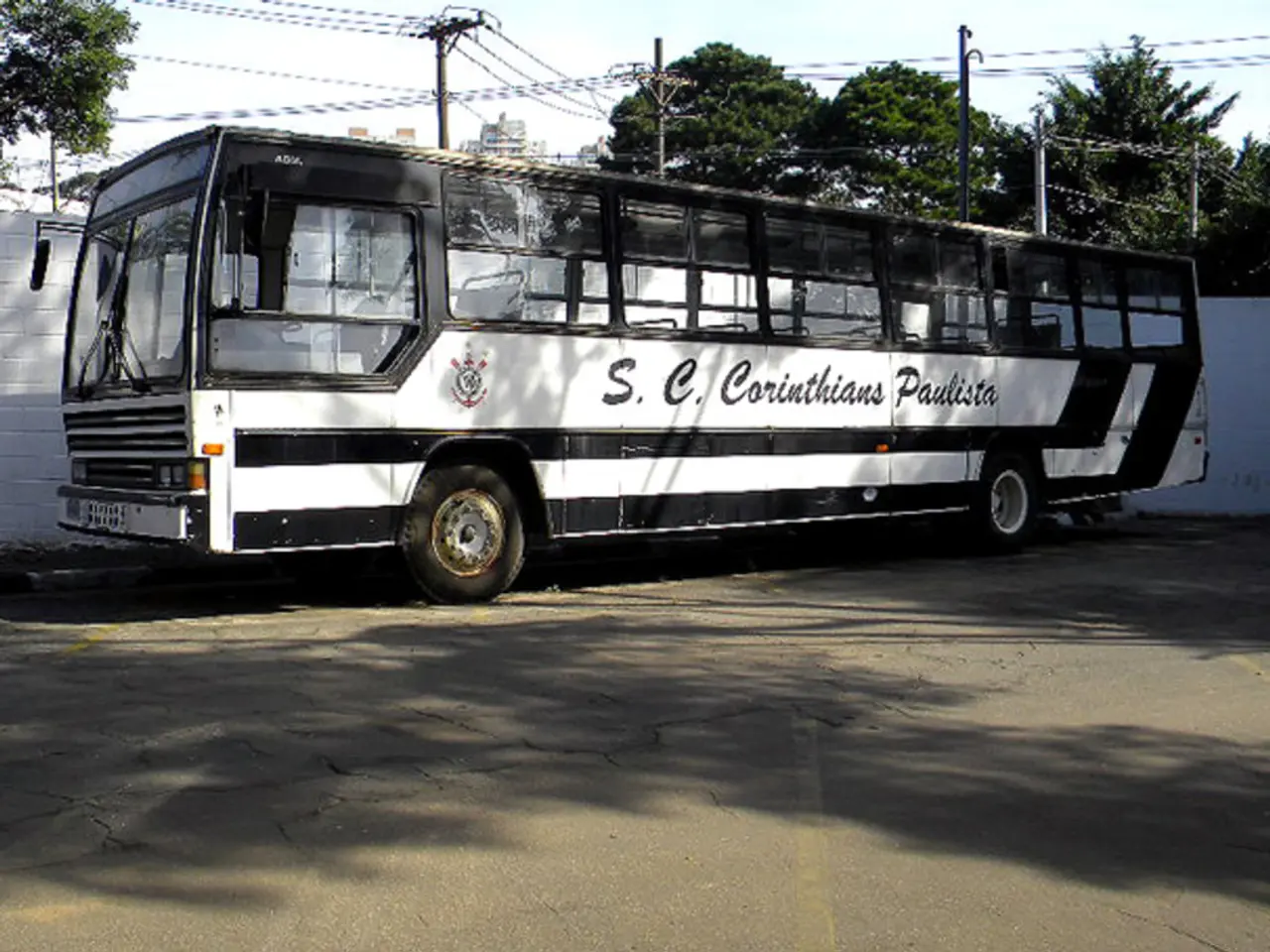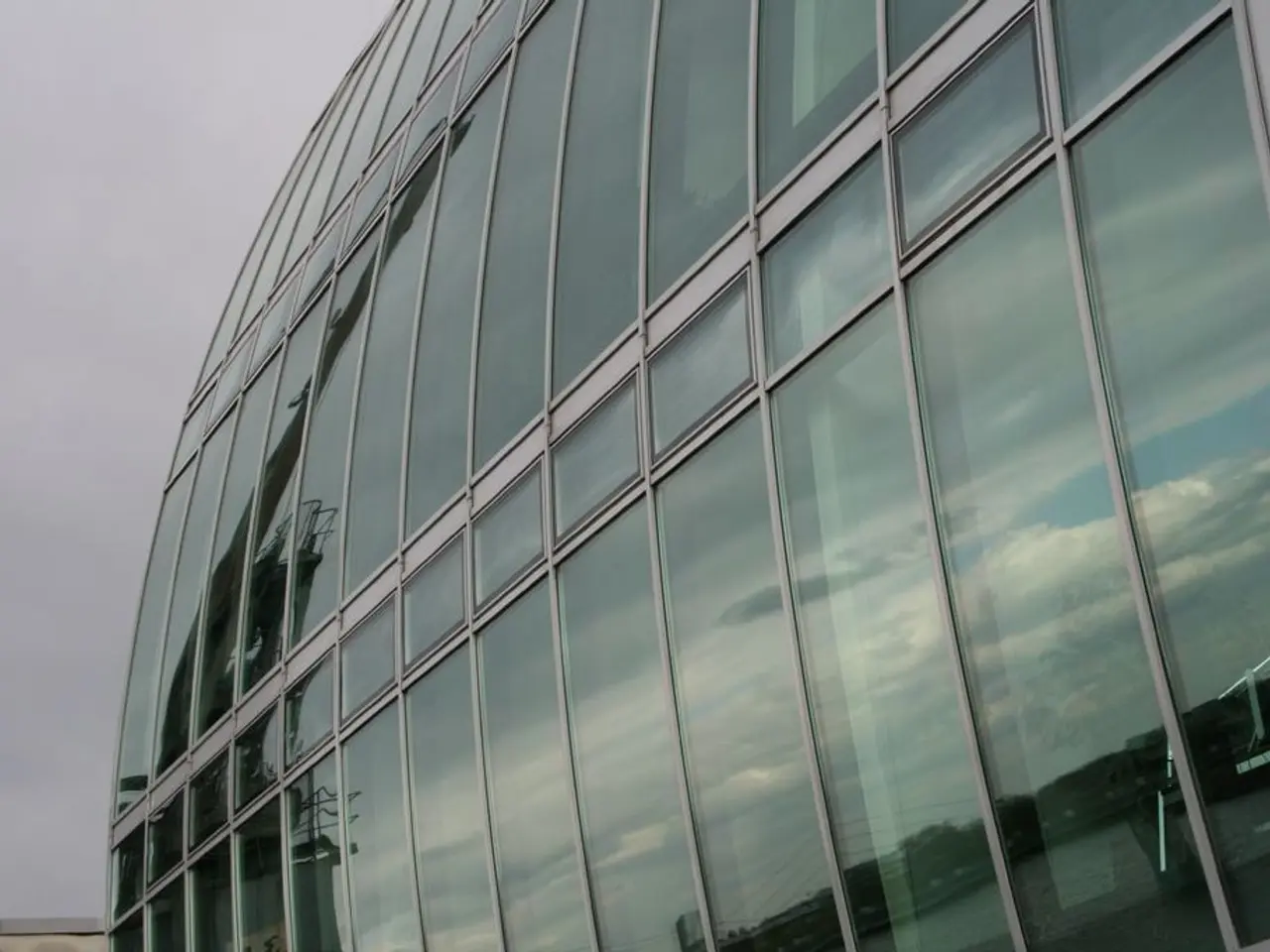Shift Towards Eco-Friendly Transportation in Africa Spurred by BasiGo's Contributions
BasiGo, a company that deploys electric buses in East Africa, has announced significant developments in its operations, particularly in Kenya and Rwanda. The company, which launched in 2021, has been actively expanding its electric bus services and increasing production capacity.
In Kenya, BasiGo has recently doubled its electric bus monthly assembly output from 10 to 20 buses after securing KSh5.4 billion (approximately $40 million) in funding in October 2024, led by Africa50. This capital injection is being used to purchase assembly kits, upgrade tools, establish charging depots, and scale up its workforce. At this increased production rate, BasiGo aims to deliver an additional 80 electric buses by the end of 2025, significantly reducing a backlog of over 500 outstanding orders.
Since launching, BasiGo has delivered 51 buses, marking a stronger momentum toward local EV manufacturing and a shift away from fossil-fueled public transit. The company halted accepting new deposits in 2024 due to overwhelming demand, with more than 1,000 operators on the waiting list.
In Rwanda, BasiGo expanded its electric bus services starting with a pilot in Kigali launched in December 2023. This included the introduction of the “R10 Rumuri” electric bus, operated in partnership with Kigali Bus Services. Rwanda operations primarily involve importing and selling complete electric buses rather than local assembly. The expansion in Rwanda has been supported by a $1.5 million grant from USAID to promote sustainable public transport solutions.
BasiGo uses a lease-based **Pay-As-You-Drive** model that lowers the barrier for transport operators to adopt electric buses. Operators pay an initial deposit of KSh1 million, followed by usage fees of KSh65 per kilometer with a minimum usage commitment of 6,000 kilometers per month (about KSh390,000 monthly). This model reduces the upfront capital required to switch to electric buses, making the transition more accessible, especially for smaller operators.
This innovative financing approach plays a crucial role in driving electric bus adoption across East Africa by addressing the financial constraints that often hinder investment in new green technologies. By coupling affordable leasing with growing concerns over rising diesel prices and urban emissions, BasiGo’s model aligns economic incentives with environmental goals.
Training and mentorship programs are being offered to equip workers with the specialized skills needed to ensure long-term efficiency and reliability. Similarly, in Nairobi, roles like Electric Bus Junior Technicians and Charging Infrastructure Electrical Technicians are being established.
By the end of 2025, 80 additional buses are expected to hit the roads in Kenya, bringing the total fleet to 130. In Rwanda, BasiGo plans to deliver an additional 72 buses by 2025, expanding its operations beyond Kigali.
These charging depots are strategically placed along bus routes, enabling a bus to be fully recharged in just two hours. Electric buses typically cost about 50% less to operate than diesel buses, with maintenance expenses slashed by nearly half.
Over the next decade, 100 electric buses operating in Kigali are expected to consume 60 GWh of locally generated energy. This can lead to savings of up to 70% over their lifespan. In May 2025, BasiGo launched Rwanda's first electric intercity bus route, connecting Muhanga to Kigali, Nyanza, and Huye.
BasiGo has partnered with Kenya Power to create a dependable charging network that aligns with Kenya's 90% renewable energy grid. The company is also addressing infrastructure limitations by rolling out Kenya's first DC fast-charging network tailored specifically for electric buses.
Overall, BasiGo's expansion plans and innovative financing model are driving the adoption of electric buses in East Africa, contributing to a more sustainable and cost-effective public transit system. Nearly 8 million passengers have been served by BasiGo's electric buses, saving 948,000 liters of diesel and reducing 2,108 tons of CO2 emissions. For Rwanda, the introduction of 100 electric buses could save more than $23 million in fuel import costs over a decade.
- With the recently doubled production capacity, BasiGo aims to deliver an additional 80 electric buses in Kenya by the end of 2025, focusing on industry sectors like transportation and energy.
- The company's operations in Rwanda, initiated with a pilot in Kigali in December 2023, are expected to expand further, delivering 72 electric buses by 2025, touching upon the lifestyle and technology sectors.
- BasiGo uses a unique lease-based Pay-As-You-Drive model, financing strategy that is instrumental in the adoption of electric vehicles (EVs) across East Africa, particularly in the finance and transportation sectors.
- With electric buses costing about 50% less to operate than diesel buses, the company's expansion in Kenya and Rwanda contributes to a more sustainable, cost-effective, and efficient transportation system, reducing carbon emissions while saving on fuel costs in the long run (finance, energy, transportation, and environment).




